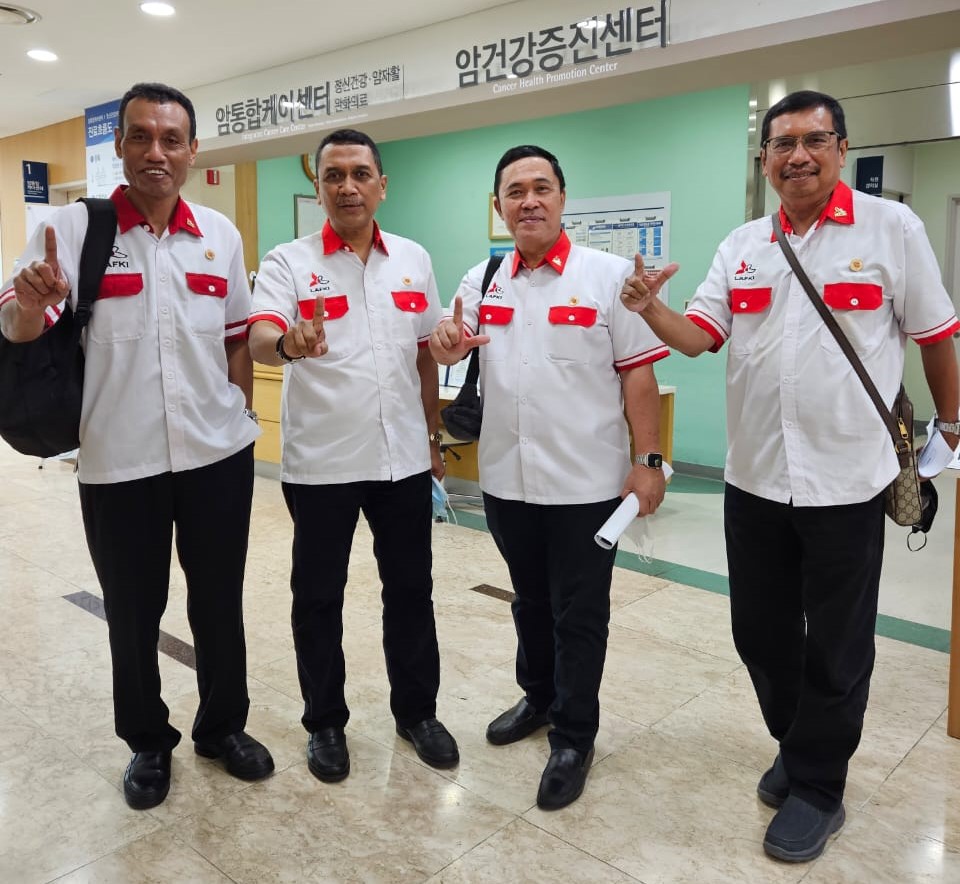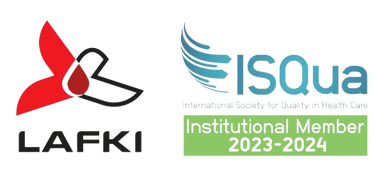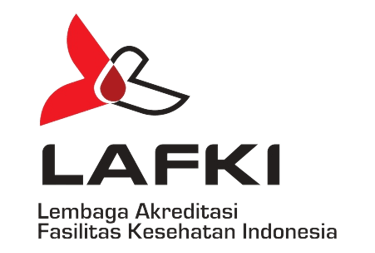FIHFAA: Clinical Risk Management in Healthcare
By dr. Friedrich Max Rumintjap, Sp.OG(K), MARS, FISQua, FIHFAA, FRSPH


In the journey of managing clinical risk in the hospital environment, like a ship sailing in the middle of a vast ocean, we are faced with unexpected waves of challenges. However, with a deep understanding, honed skills, and the right strategies, we can steer our ship towards better patient safety and security.
The Indonesian Healthcare Facility Accreditation Agency (FIHFAA) Fellowship Program offers a journey to the pinnacle of expertise in clinical risk management for healthcare professionals. As time goes by, opportunities to join this program are increasingly limited, considering that the registration period with the best fee will end on March 25, 2024. Participants are required to attend the Indonesian Health Facility Scientific Meeting (PIFKI) in Medan, where they will celebrate their graduation with a very impressive ceremony.
At the end of this week, FIHFAA participants will enter module 3 learning, which discusses Risk Management and Internal Audit. Through the Reading Comprehension Quiz (RCQ), they will be presented with in-depth books such as "To Err Is Human: Building a Safer Health System" and "Health and Safety: Risk Management", which will test their understanding of managing risks in the healthcare environment.
In the Case Study Club (CSC), participants will be invited to explore real challenges that arise in clinical risk management in hospitals. The main vision of this module is to shape and deepen participants' understanding and skills in dealing with complex clinical risks. Theory and support from experts state that a deep understanding of the root causes of fatal incidents in the operating room, the complexity of medical ethics in diagnostic errors, and the ability to make critical decisions are essential in managing clinical risks effectively.
However, the challenges are not only limited to the operating room. Participants are also expected to have sensitivity to risks in specialist units such as heart failure, technological failures in surgery, and crisis situations that require difficult decisions. This shows that clinical risk management is not only reactive, but also proactive in dealing with various scenarios that may occur in the healthcare environment.
In the Publication Critical Review (PCR), participants will be introduced to various sources of information that discuss risk management in the healthcare sector. The goal is to enhance understanding of the importance of risk management in patient safety and how to implement appropriate strategies to reduce these risks. Through books such as "Risk Management Handbook for Health Care Organizations" by Roberta Carroll and "To Err Is Human: Building a Safer Health System" by the Institute of Medicine, participants will be guided to develop a strong safety culture in healthcare organizations.
However, success in managing clinical risk is not achieved only through theoretical understanding. Through the Case Study Club (CSC), participants will be invited to apply these concepts in real situations, facing challenges that arise directly. In this case, support from theory and practice is key in forming an innovative approach to risk management.
As a captain guiding his ship through the rough seas, FIHFAA participants are expected to begin their final project with the guidance of reviewers. This is the last stage in their journey towards expertise in clinical risk management. With full confidence and readiness, they are ready to face every challenge that arises in front of them, ensuring patient safety and well-being as the top priority.
Like a ship that sails steadfastly through the waves, FIHFAA participants through this program have demonstrated their resilience and perseverance in facing challenges. By understanding the risks, implementing the right strategies, and always adhering to the principles of safety, they have become reliable explorers in the ocean of clinical risk management. Like a solidly developed sail, they are ready to sail uncharted waters, bringing positive changes to the world of health as a whole. Happy starting Module 3. Greetings LAFKI


